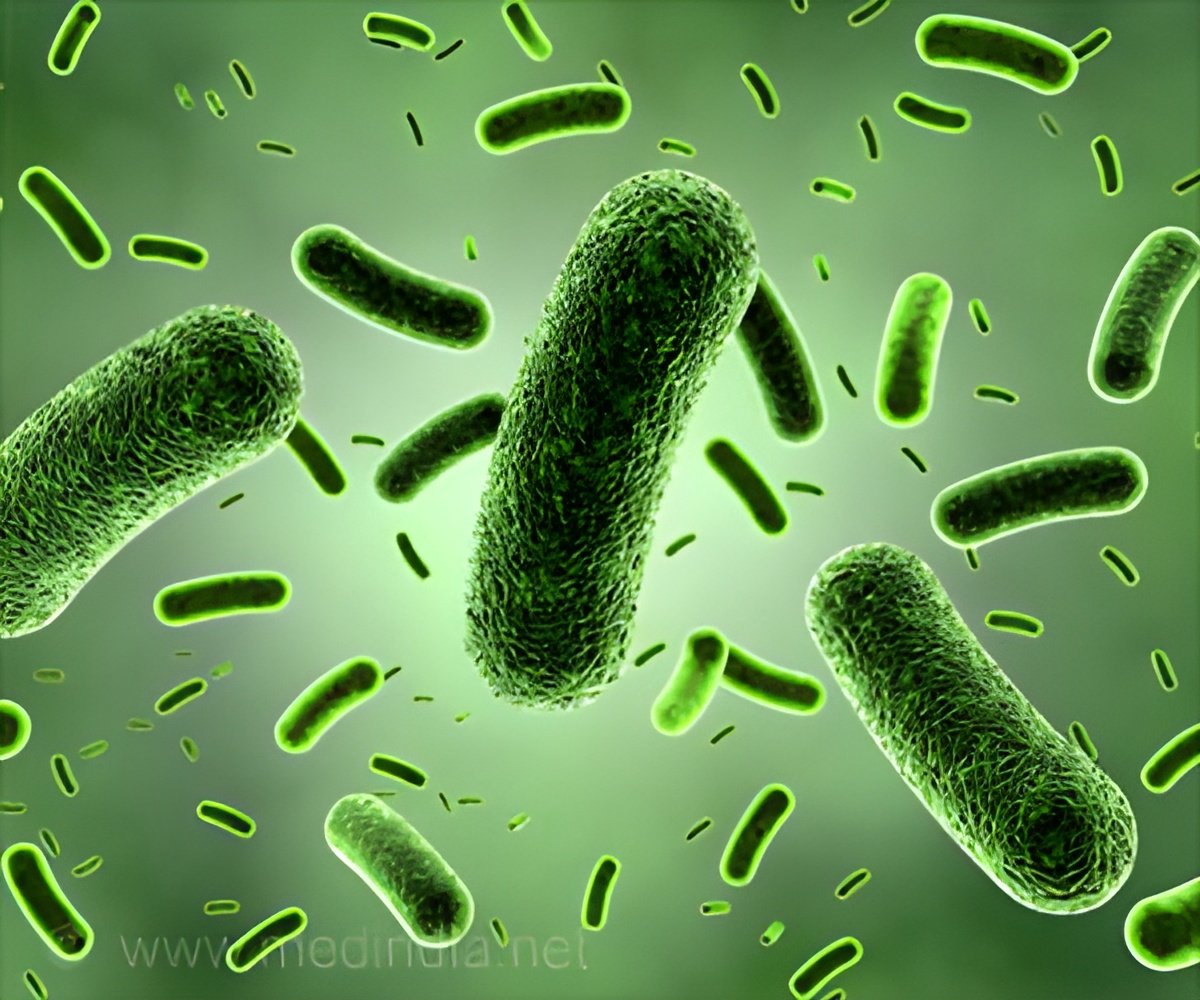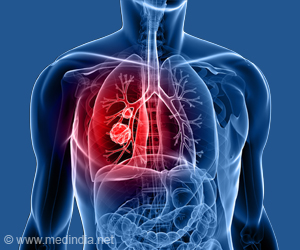In the fight against superbugs, a newly-developed molecule may allow the use existing antibiotics against drug-resistant superbugs.

- The last line of defense against the superbugs, a class of antibiotics called carbapenems, are already beginning to fail in large numbers.
- An enzyme, known as NDM-1, short for New Delhi metallo-beta-lactamase, makes bacteria resistant to a wide range of penicillins including carbapenems.
- A new molecule known as a PPMO, peptide-conjugated phosphorodiamidate morpholino oligomer, demonstrated the ability to inhibit expression of the enzyme NDM-1.
But the killer bugs might be ahead of schedule as the last line of defense against bacteria, a class of antibiotics called carbapenems, are already beginning to fail in large numbers.
The molecule known as a PPMO, short for peptide-conjugated phosphorodiamidate morpholino oligomer, neutralizes the superbugs' ability to destroy the antibiotic.
The molecule has demonstrated the ability to inhibit expression of an enzyme, known as NDM-1, short for New Delhi metallo-beta-lactamase, that makes bacteria resistant to a wide range of penicillins.
"We're targeting a resistance mechanism that's shared by a whole bunch of pathogens," said Bruce Geller, professor of microbiology in OSU's College of Science and College of Agricultural Sciences, who's been researching molecular medicine for more than a decade.
Testing New Molecule
The continuous mutation of the bugs, made the carbapenems, the most advanced penicillin-type antibiotic, the last line of defense against bacterial infection .
But the significance of NDM-1 is that it is destroys carbapenems, so doctors have had to use an antibiotic, colistin, that had not been used in decades because it's toxic to the kidneys.
"That is literally the last antibiotic that can be used on an NDM-1-expressing organism, and we now have bacteria that are completely resistant to all known antibiotics. But a PPMO can restore susceptibility to antibiotics that have already been approved, so we can get a PPMO approved and then go back and use these antibiotics that had become useless." Geller said.
The study demonstrated that in vitro, the ability of an ultra-broad-spectrum drug of the carbapenem class called meropenem to fight three different genera of bacteria that express NDM-1, was restored by the new PPMO.
A combination of the PPMO and meropenem was proved to be effective in treating mice infected with a pathogenic strain of E. coli that is NDM-1 positive.
Researchers say that PPMO wil be ready for testing in humans in about three years.
Results of the study, supported by a grant from the National Institutes of Health, were recently published in the Journal of Antimicrobial Chemotherapy.
Reference
- Bruce Geller et al. Peptide-conjugated phosphorodiamidate morpholino oligomer (PPMO) restores carbapenem susceptibility to NDM-1-positive pathogens in vitro and in vivo. Journal of Antimicrobial Chemotherapy ; (2017) doi.org/10.1093/jac/dkw476
Source-Medindia














